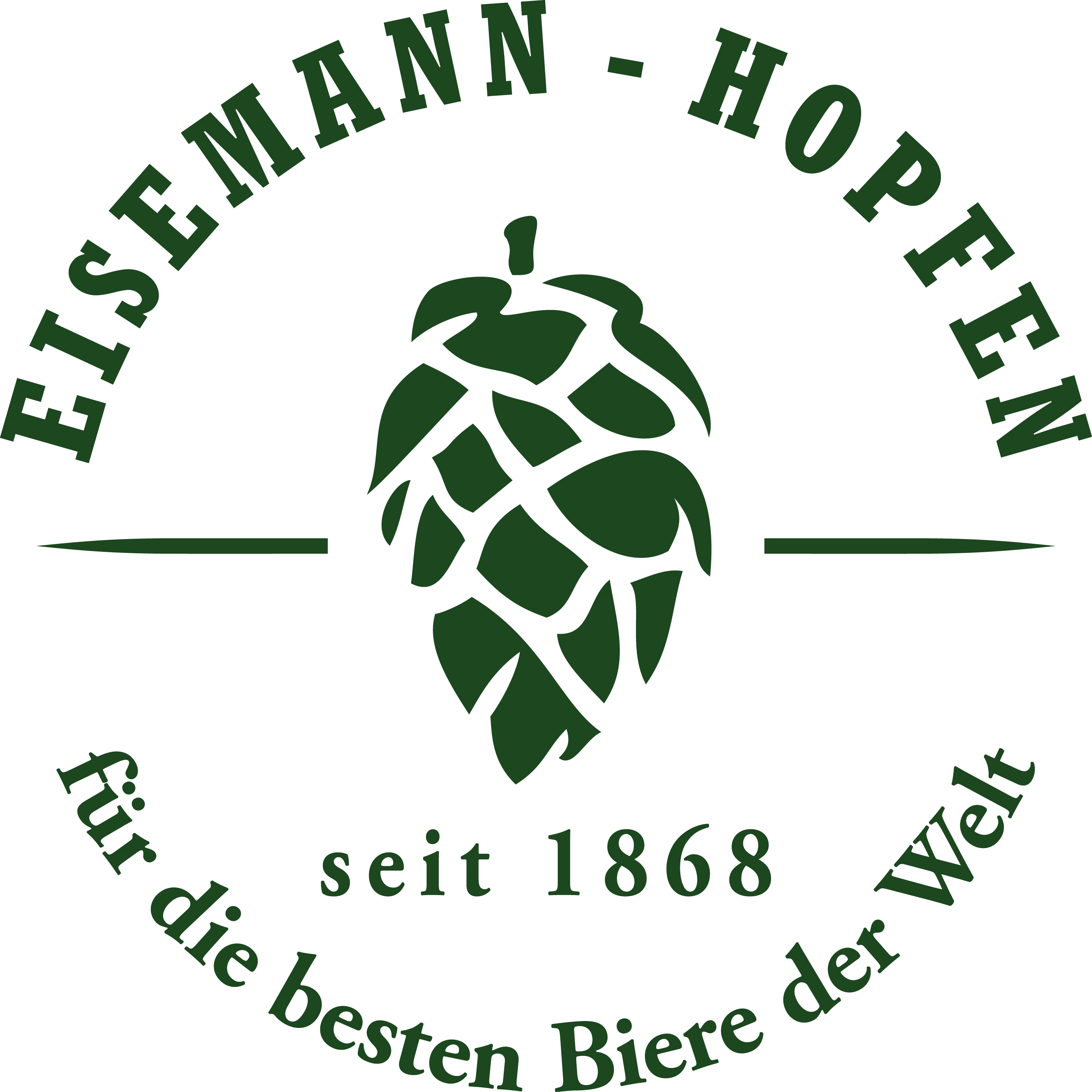


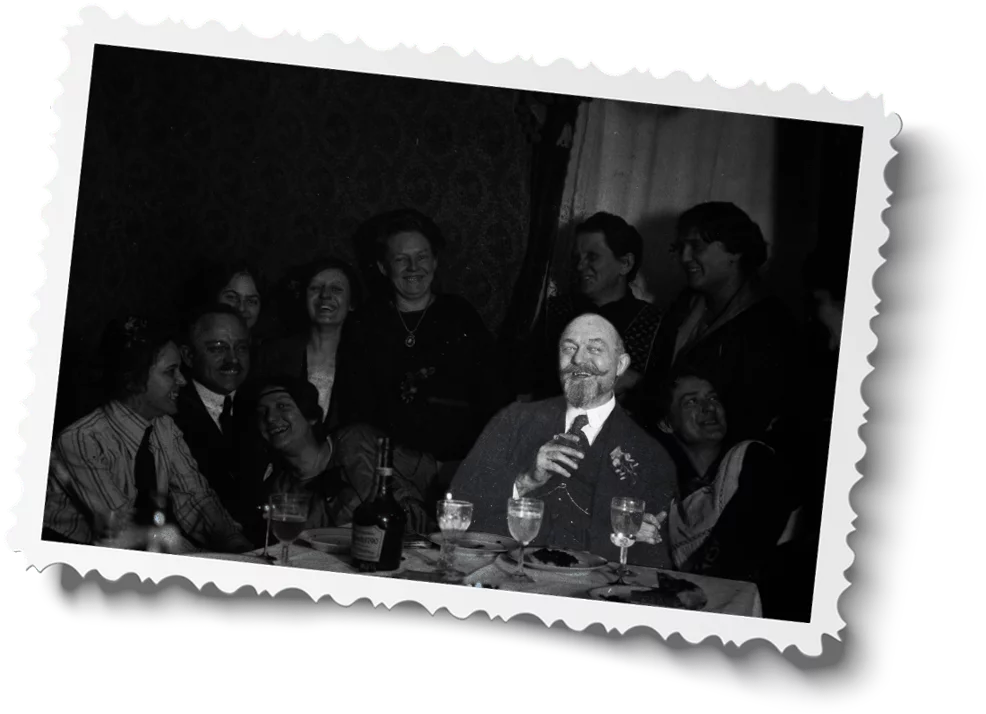

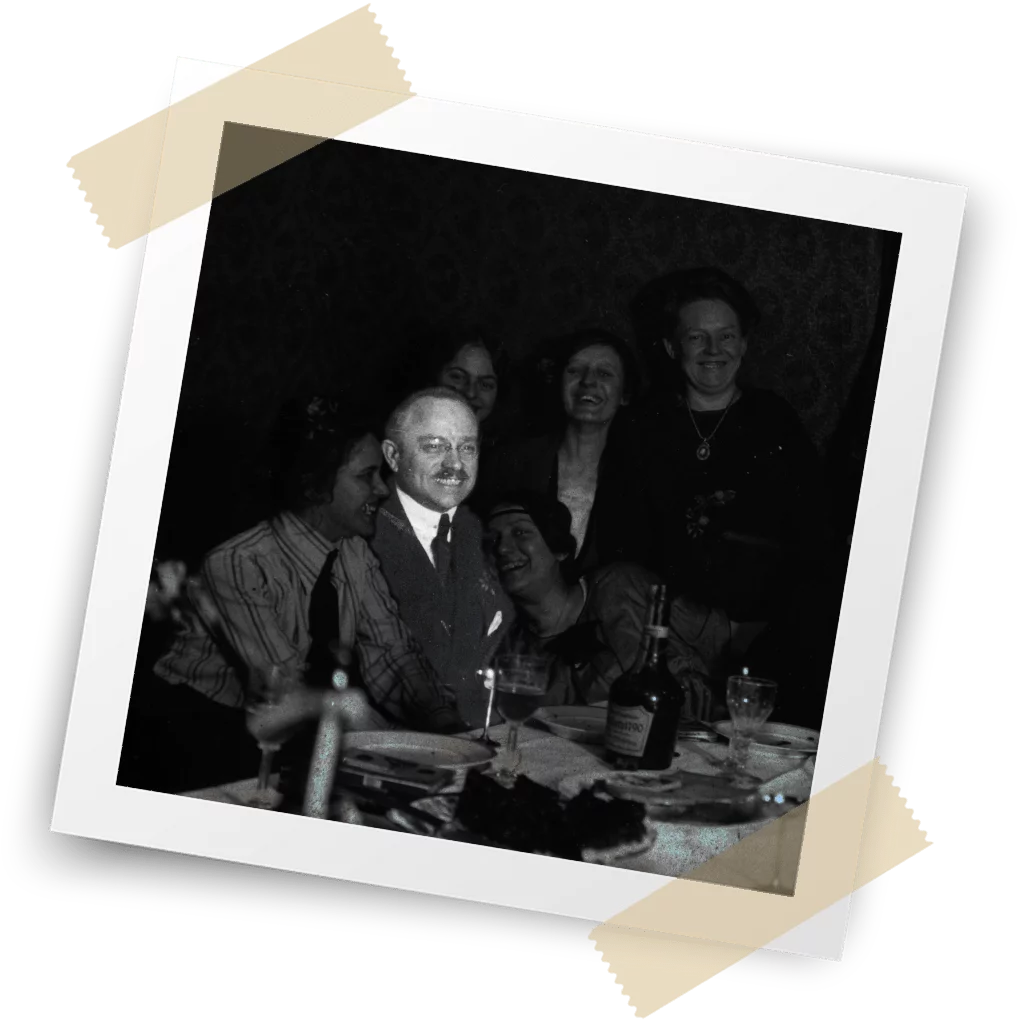
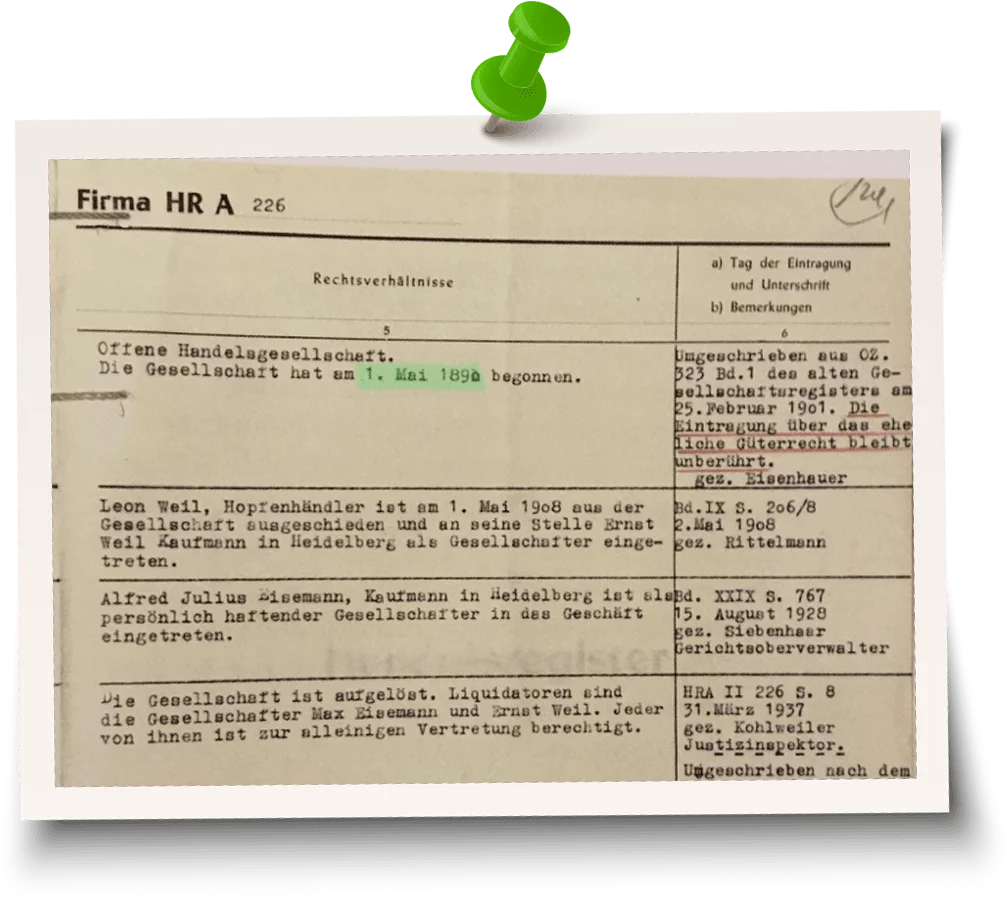
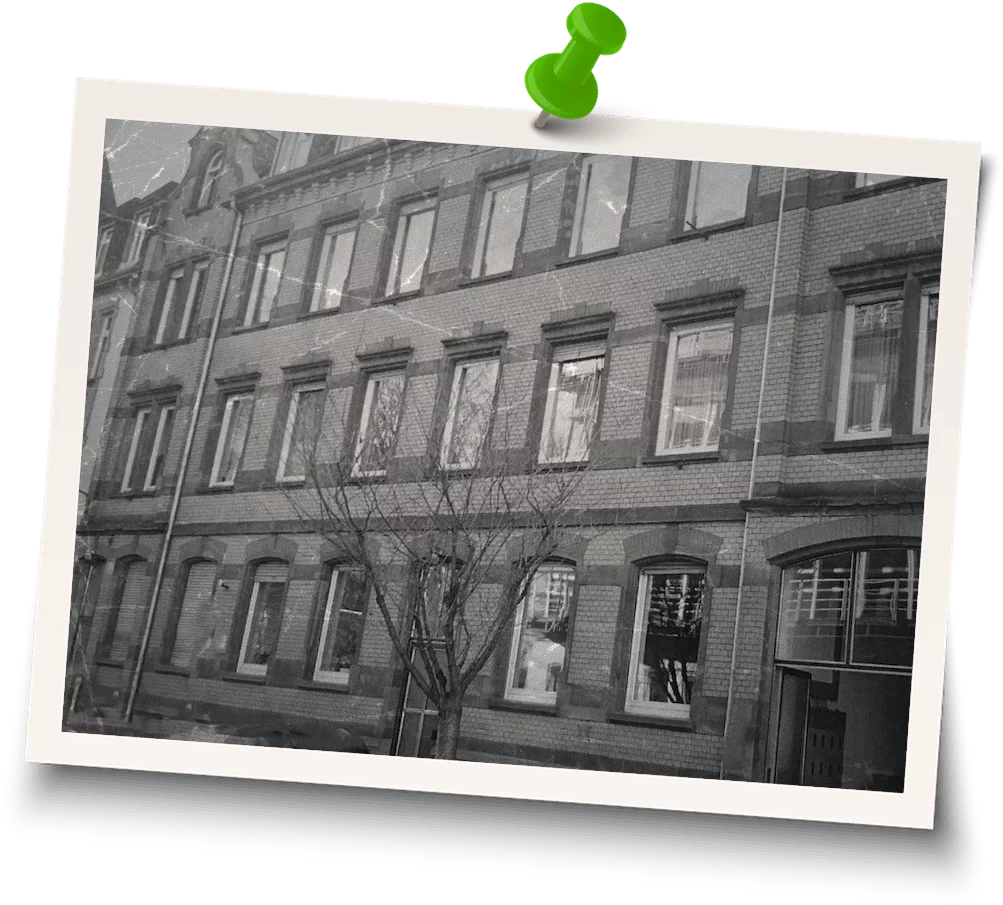
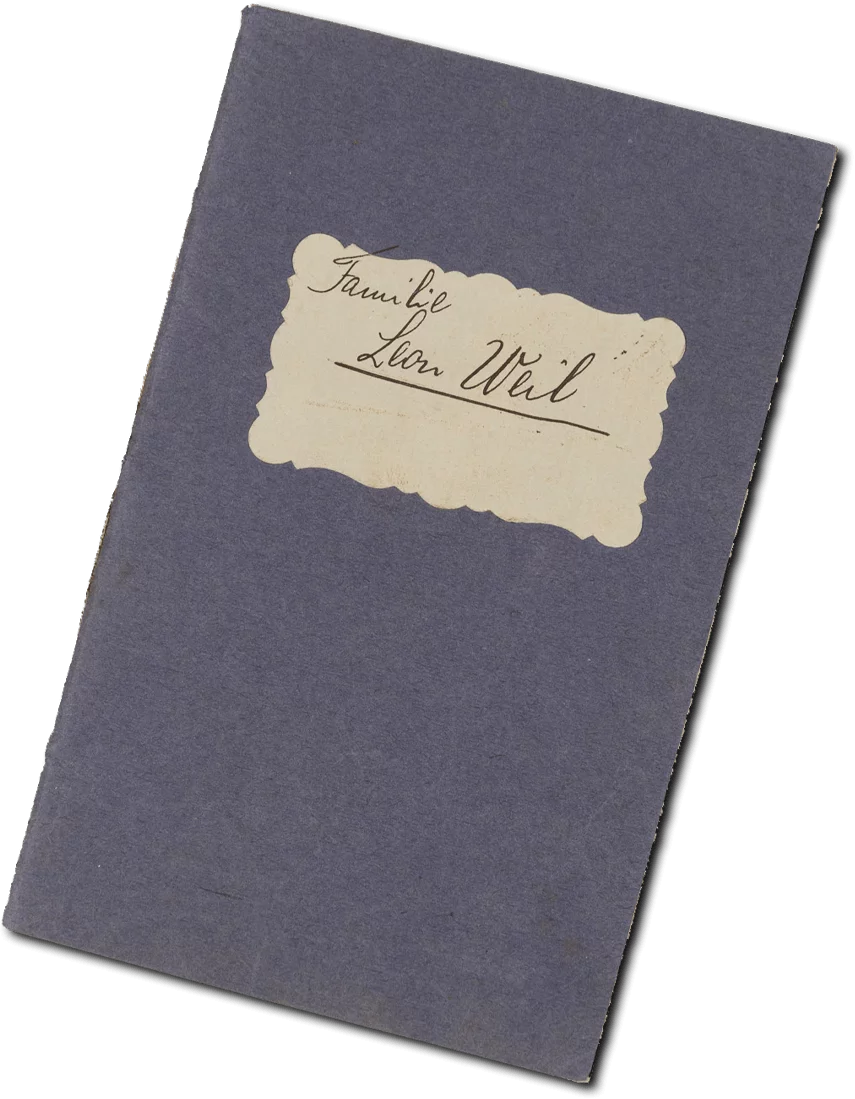
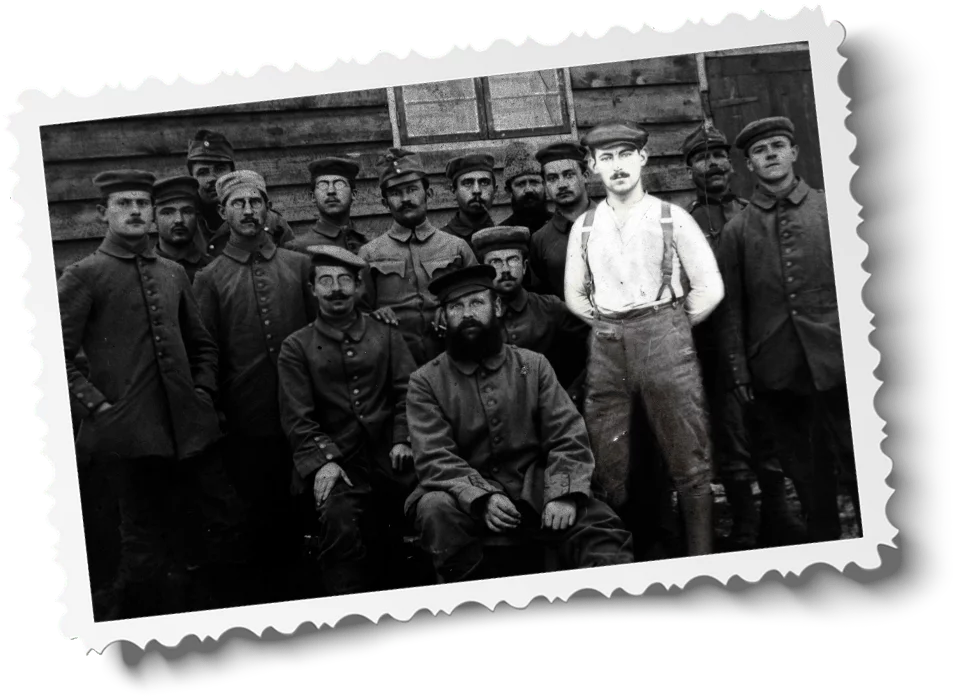
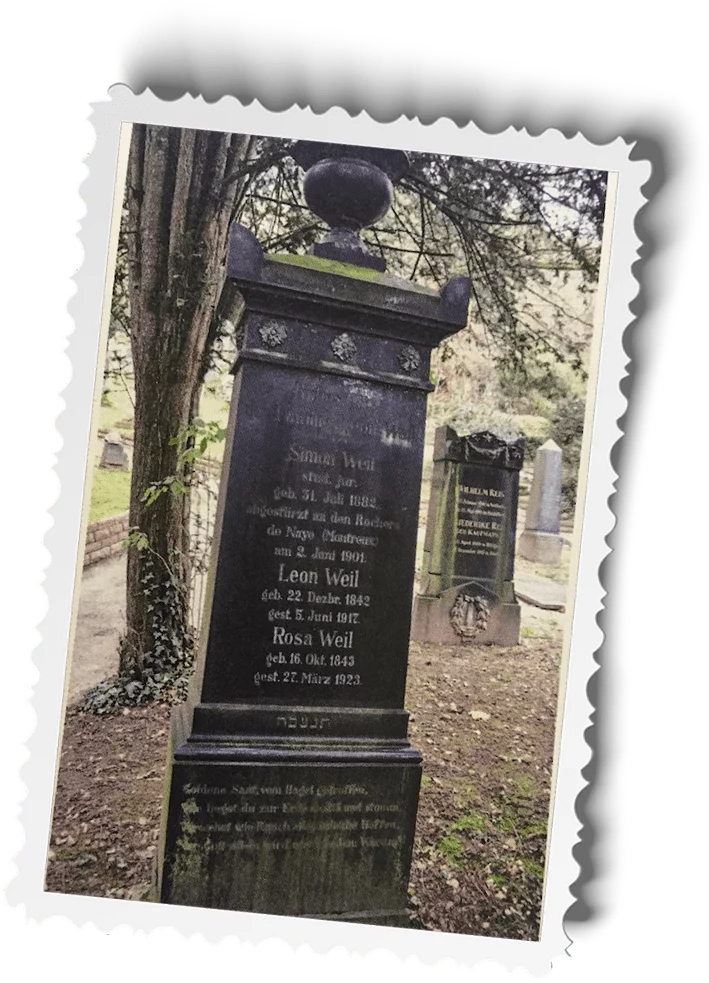
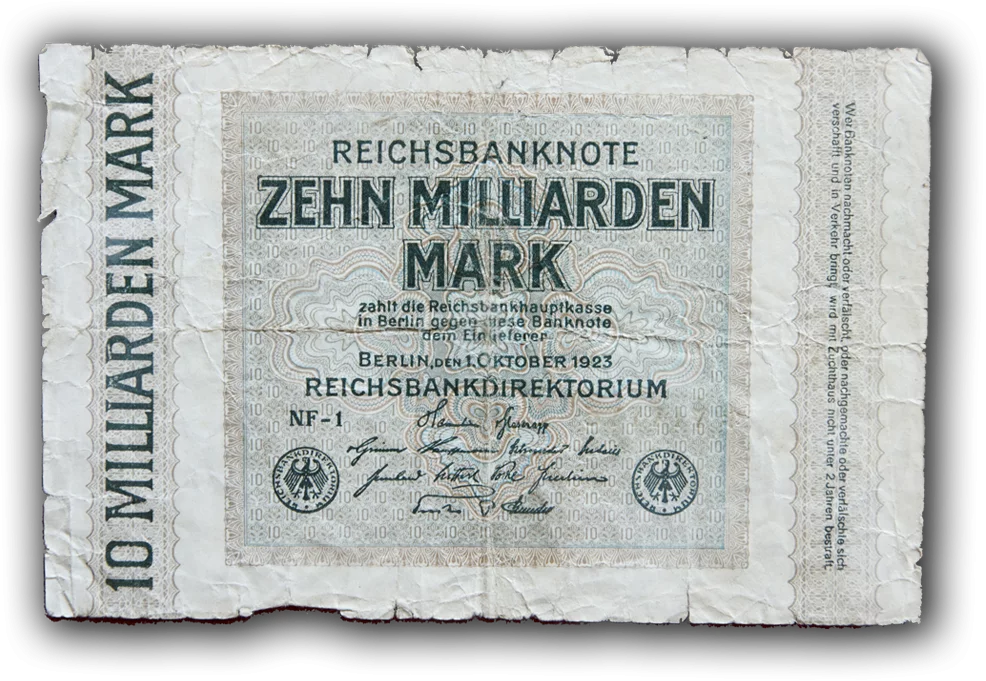

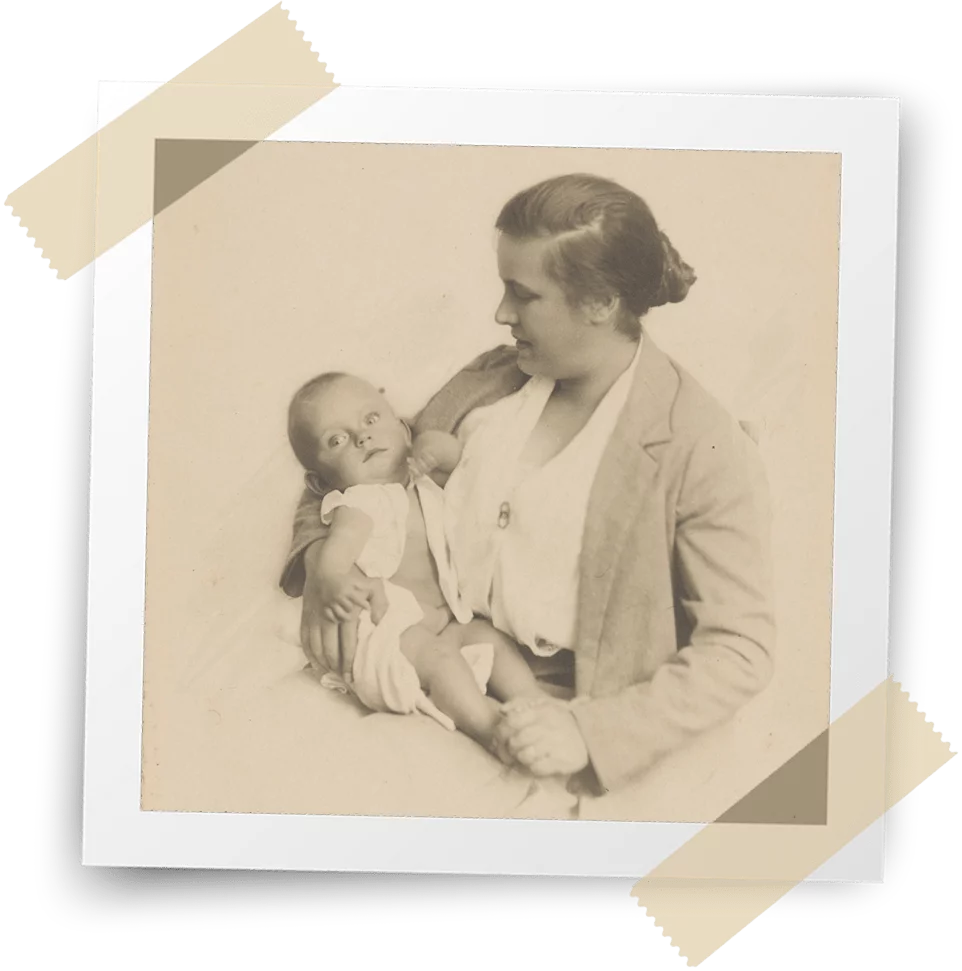
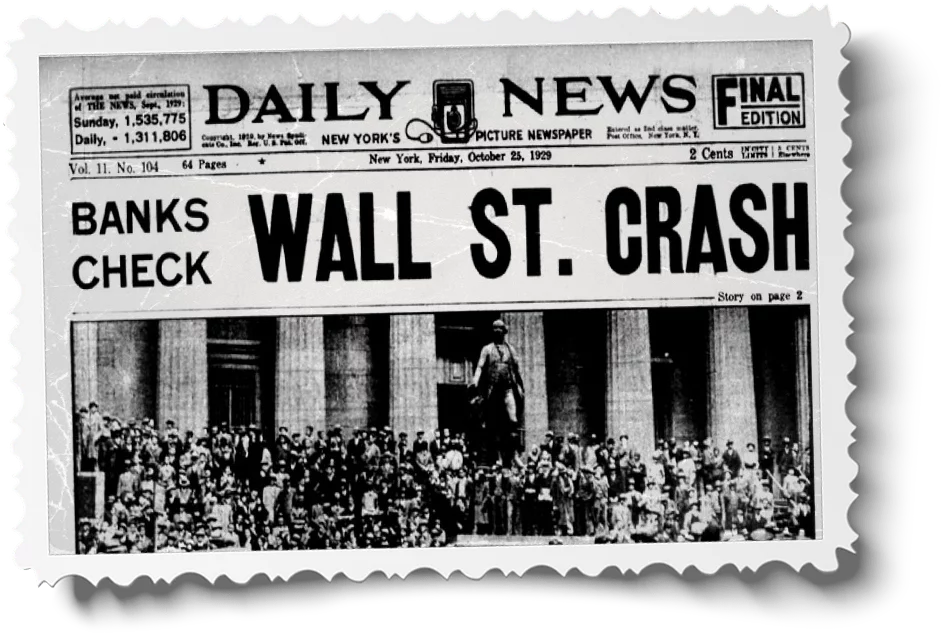

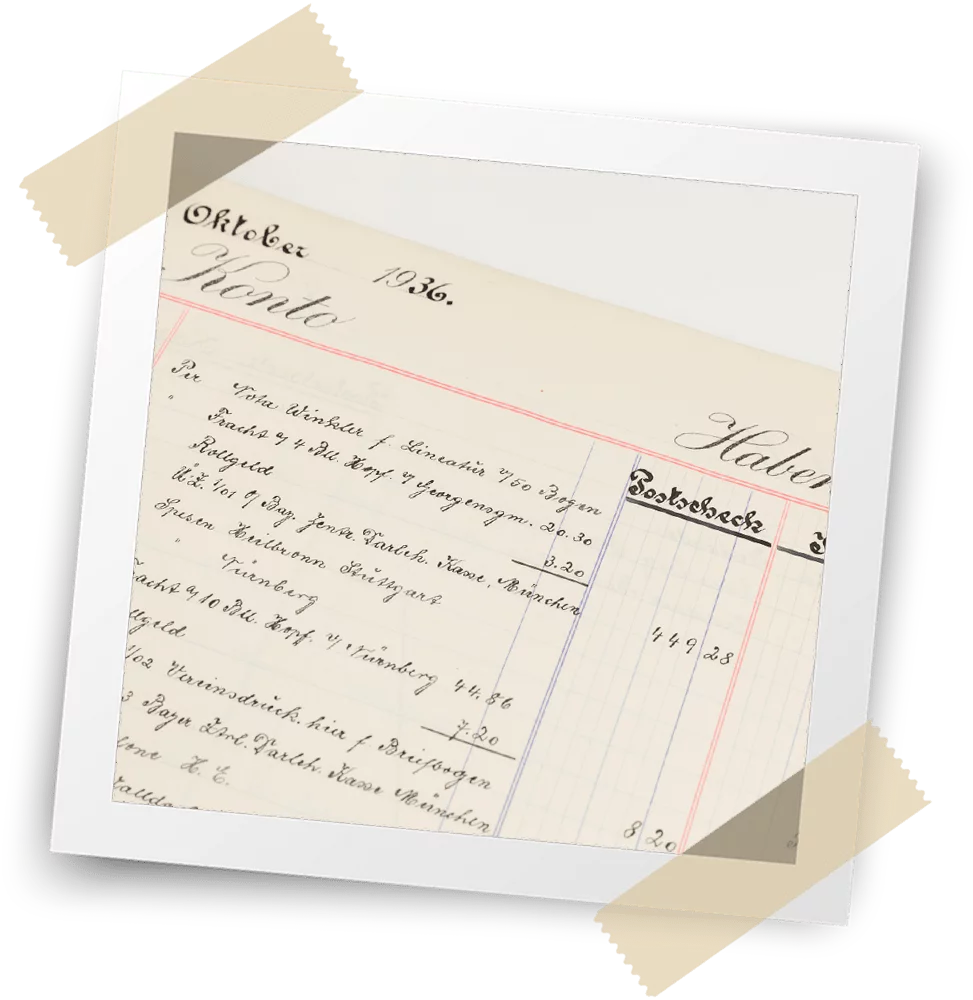

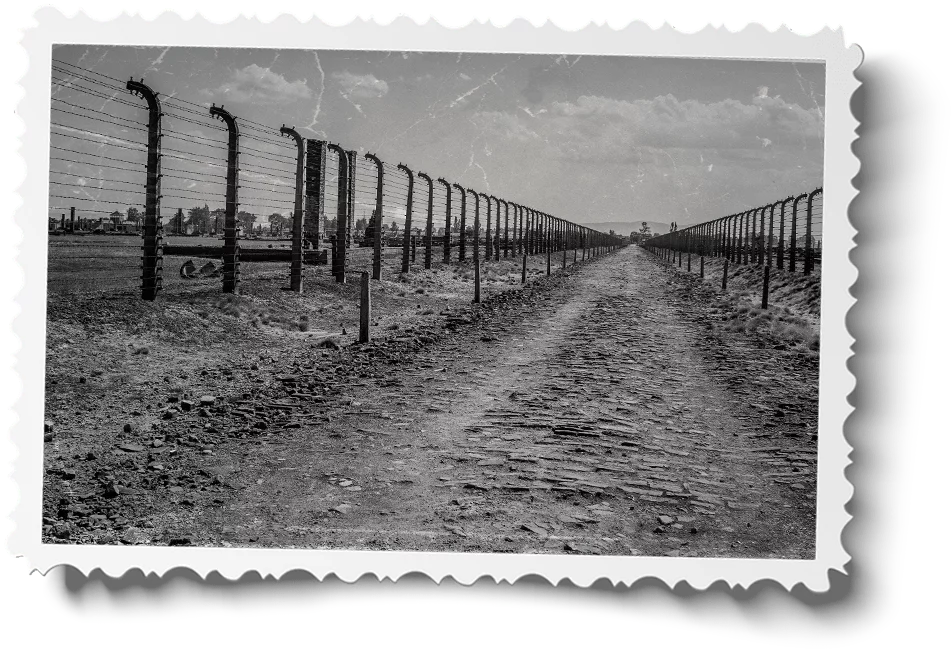
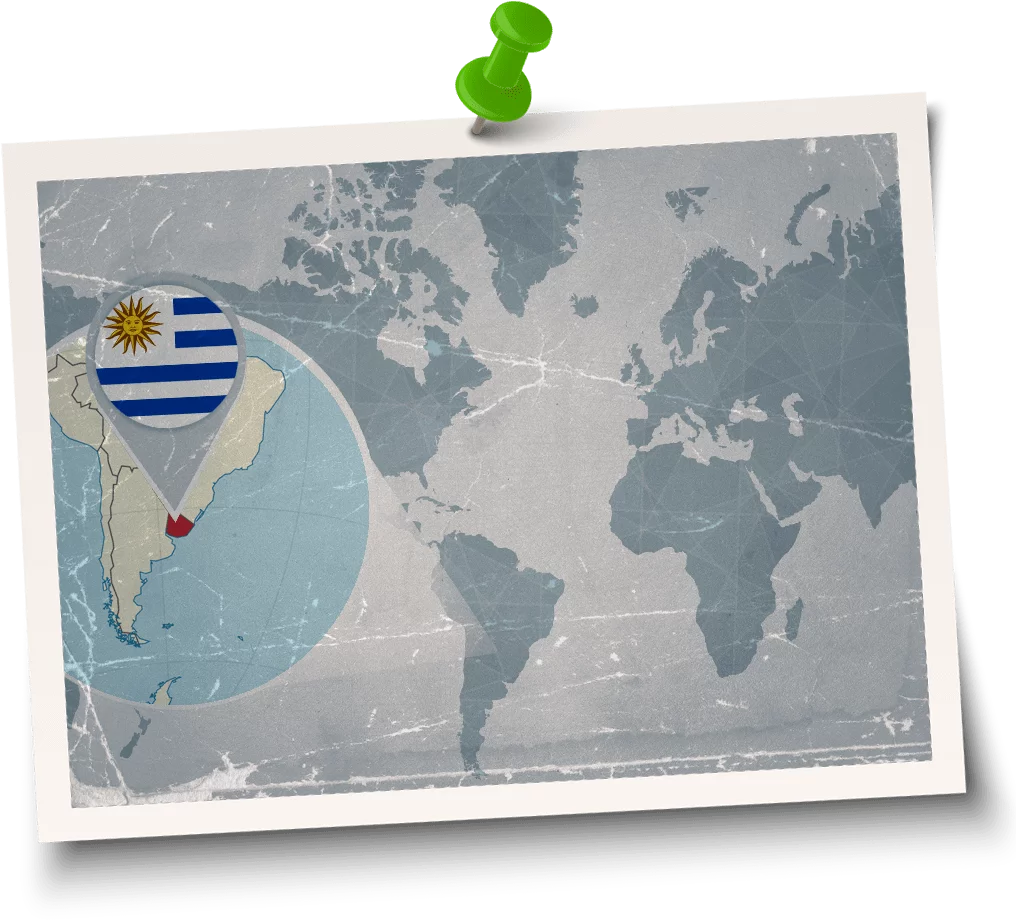


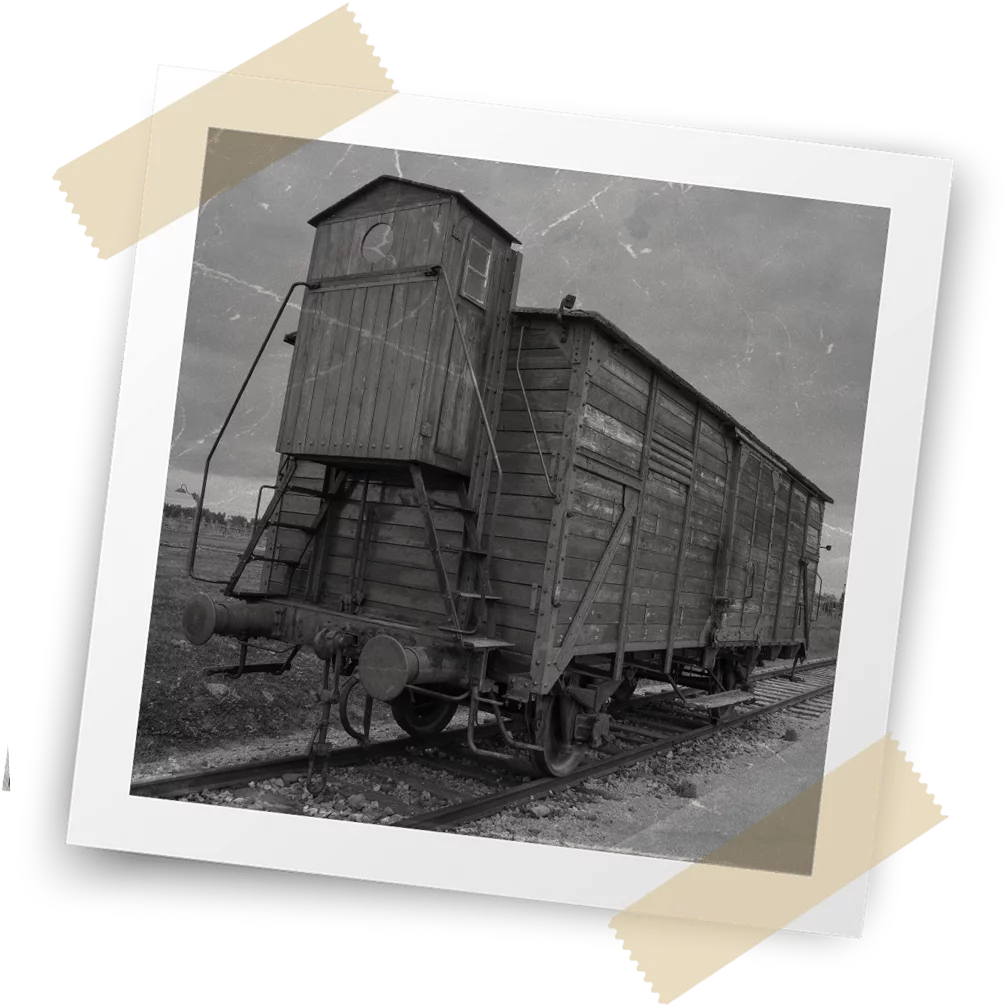
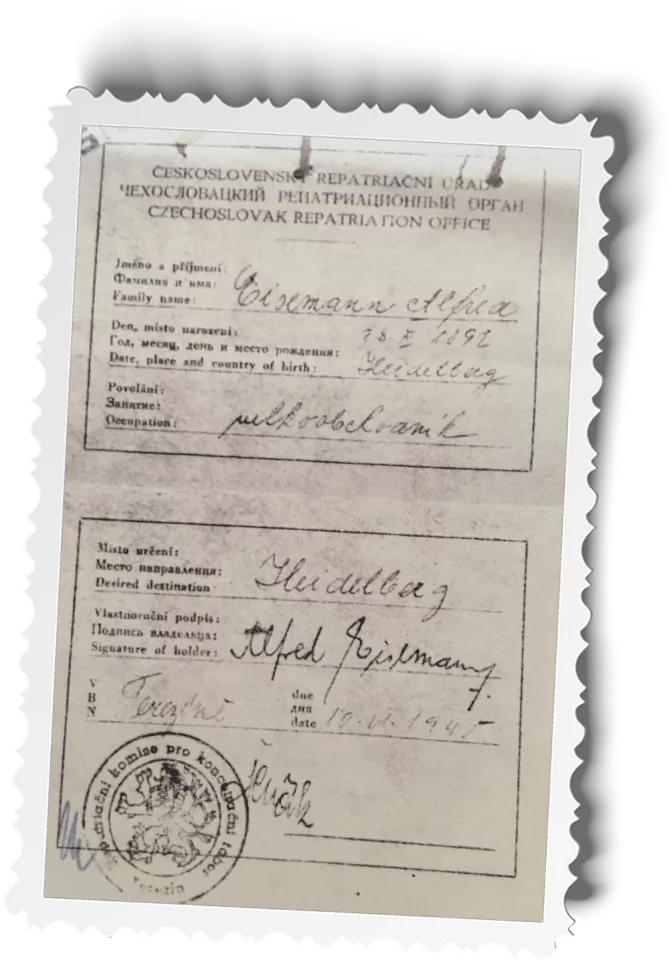































































Company history part I: 1868 – 1945
1868 | The Beginning – 1st Generation
On 14th August 1868 the hop merchant “Hopfenhandlung Leon Weil” was founded in Walldorf, Nordbaden.
1882 | The Company in Heidelberg
Purchase of and relocation to new office premises in the Plöck 9 in Heidelberg.
1889 | End of the 1880’s – 2nd Generation
Max Eisemann joins the company.
1890 | OHG Formation
Formation of the OHG with Max Eisemann and Leon Weil.
1904 | Relocation 1904 / 1905
Relocation within Heidelberg to the Kirchstraße 18.
1908 | Change in Management
Leon Weil leaves the company after 40 years as head of the company. His successor is his son, Ernst Weil, who from now on works with Max Eisemann in the company management.
1914 | First World War
Max Eisemann’s son, Alfred, is taken prisoner in Russia.
1917 | Mourning
Leon Weil dies on 5th June 1917.
1923 | Hyperinflation
As a result of the First World War the Reichsmark suffers a fall in value. In June 1923 a litre of milk already costs 1,440 Reichsmark, in December 1932 it costs 360 billion Reichsmark.
1924 | 3rd Generation
Alfred Eisemann joins the company.
1926 | Marriage
Alfred Eisemann marries Hildegard Müller. She is a Catholic, a fact which will later play a crucial role. One year later (1927) son Rudolf (sen.) is born.
1929 | World Economic Crisis
The “Black Friday” in October 1929 marks the beginning of a global economic crisis, presenting major challenges to all companies.
1933 | Dark Times
In January 1933 Adolf Hitler is appointed Reich Chancellor. A dark chapter in the history of mankind begins.
1936 | Foundation
On 11th September 1936 the company “Hildegard Eisemann” is founded.
1938 | Liquidation of the Leon Weil Company
On 18th January 1938 the company “Leon Weil” is liquidated. The corporation is dissolved – liquidators are the partners Max Eisemann and Ernst Weil.
1938 | Persecution
10th November 1938: 70 men from Heidelberg, among them Alfred Eisemann and Ernst Weil, are deported to the concentration camp Dachau.
1939 | Handover
Ernst Weil arranges the emigration for his family. Weil and his family emigrate to Uruguay. He transfers the power of proxy for the liquidated hop merchants to Alfred Eisemann.
1940 | Persecution
On 22nd October 1940 Max Eisemann, together with approx. 300 other citizens of Heidelberg, is picked up by the Gestapo and deported with a special train into the surrounding region.
1940 | Mourning
6th November 1940: Max Eisemann dies in the “Camp de Gurs” or rather the sub-concentration camp Pau. One can imagine how badly the over-70 year old must have been affected by the circumstances.
1945 | Deportation Again
In February 1945 Alfred Eisemann is deported to a concentration camp for a second time, this time to Theresienstadt.
1945 | Liberation
“On 8.5.1945 I was freed by the Russians” writes Alfred Eisemann. After a two-week trek on foot he returns to Heidelberg.
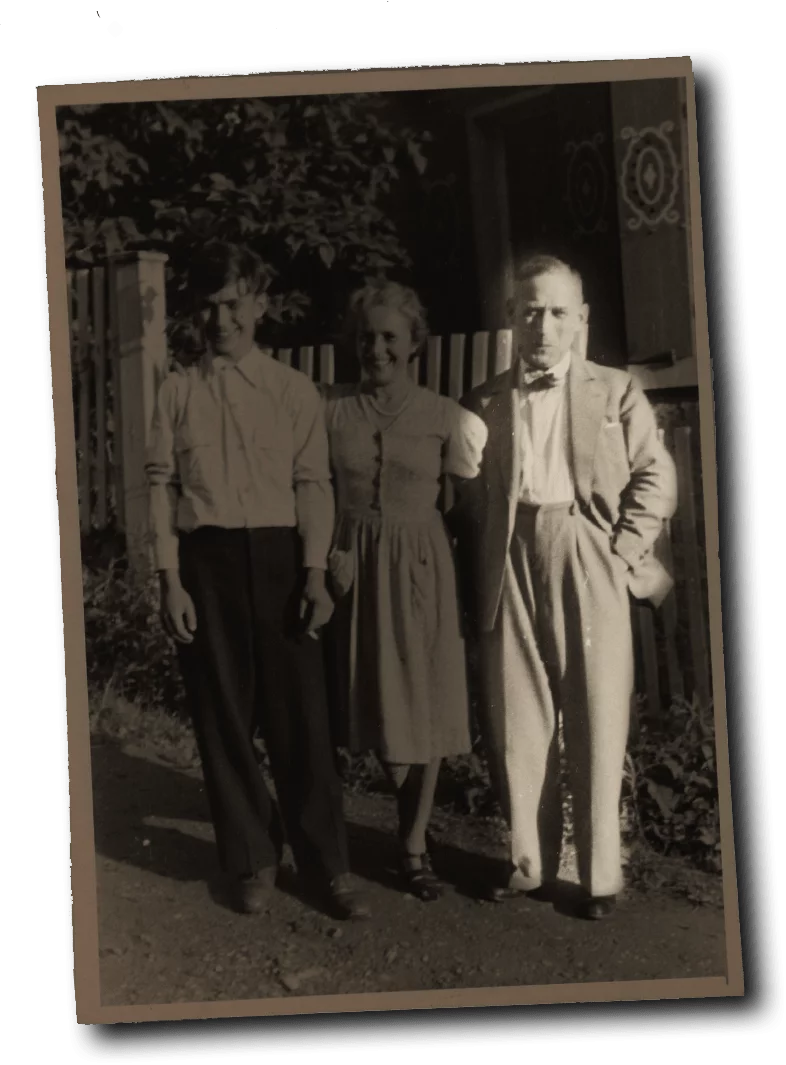
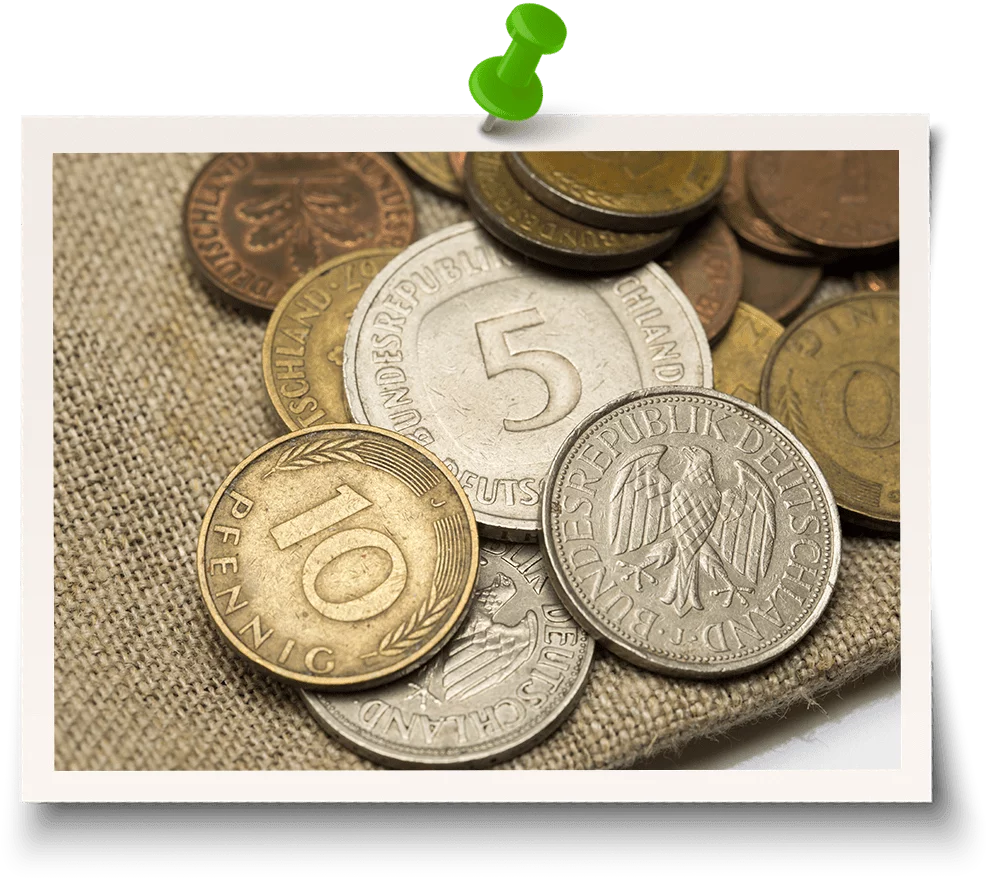
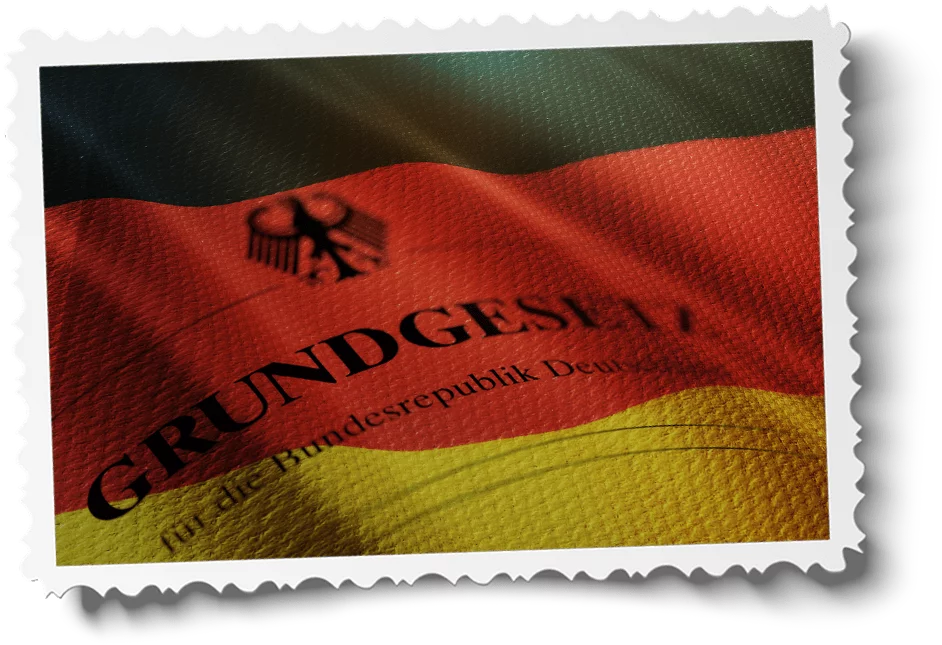
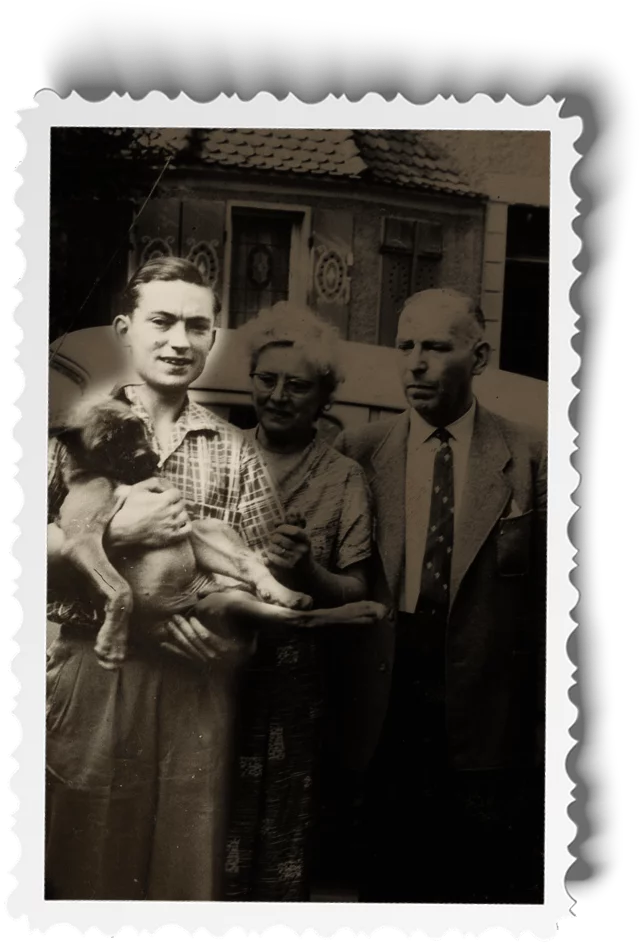
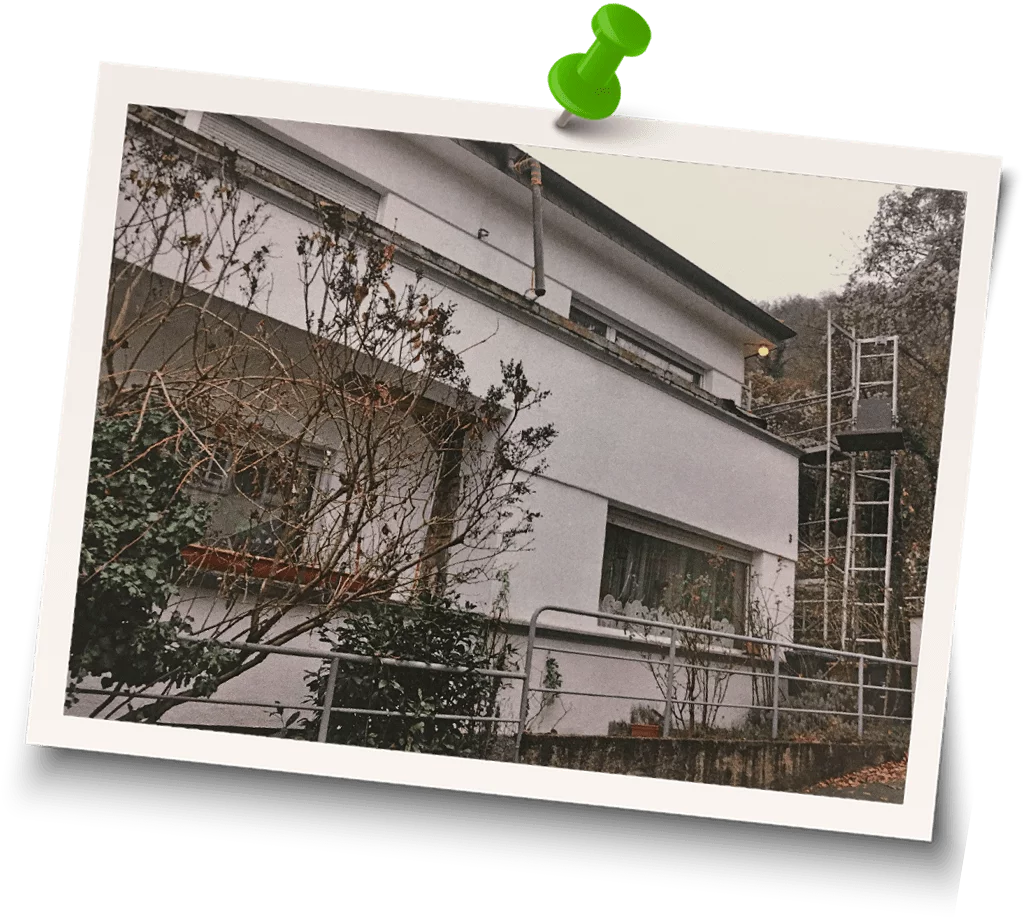

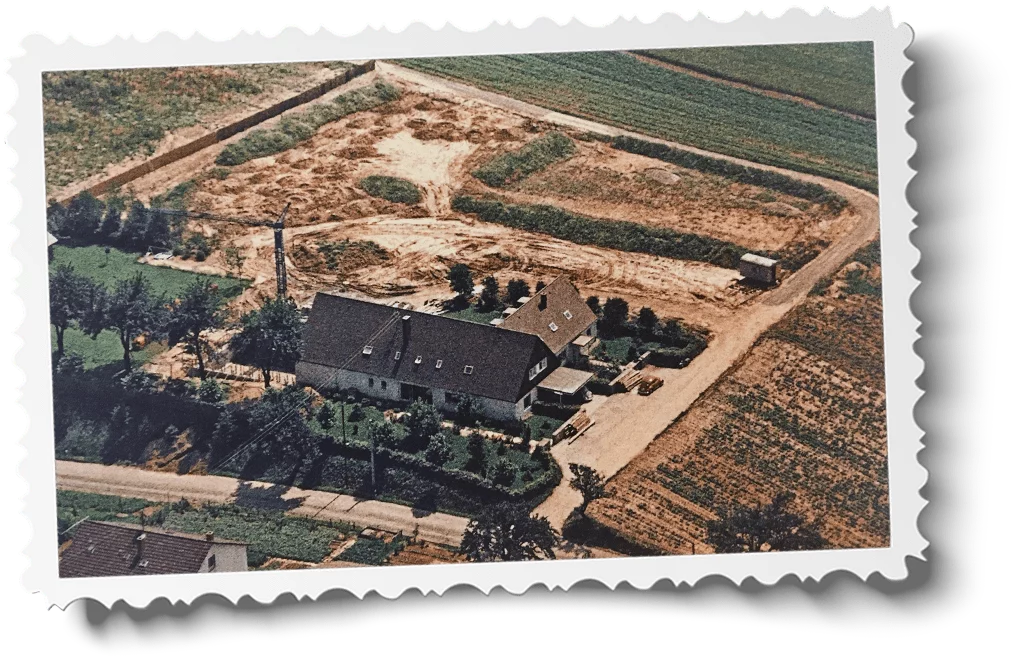


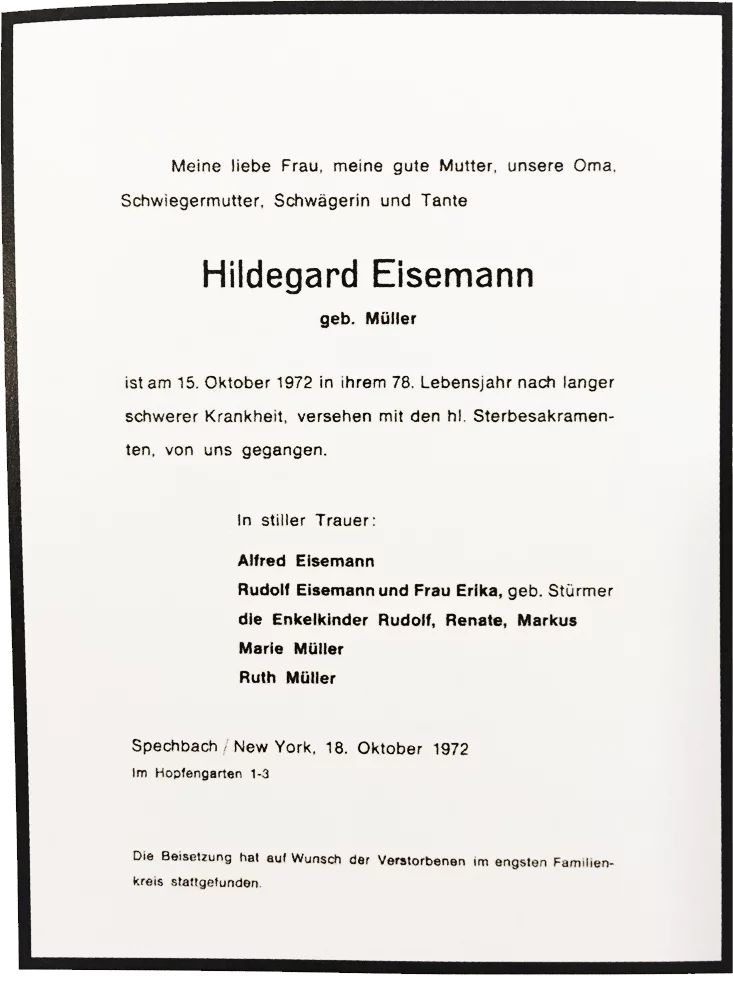
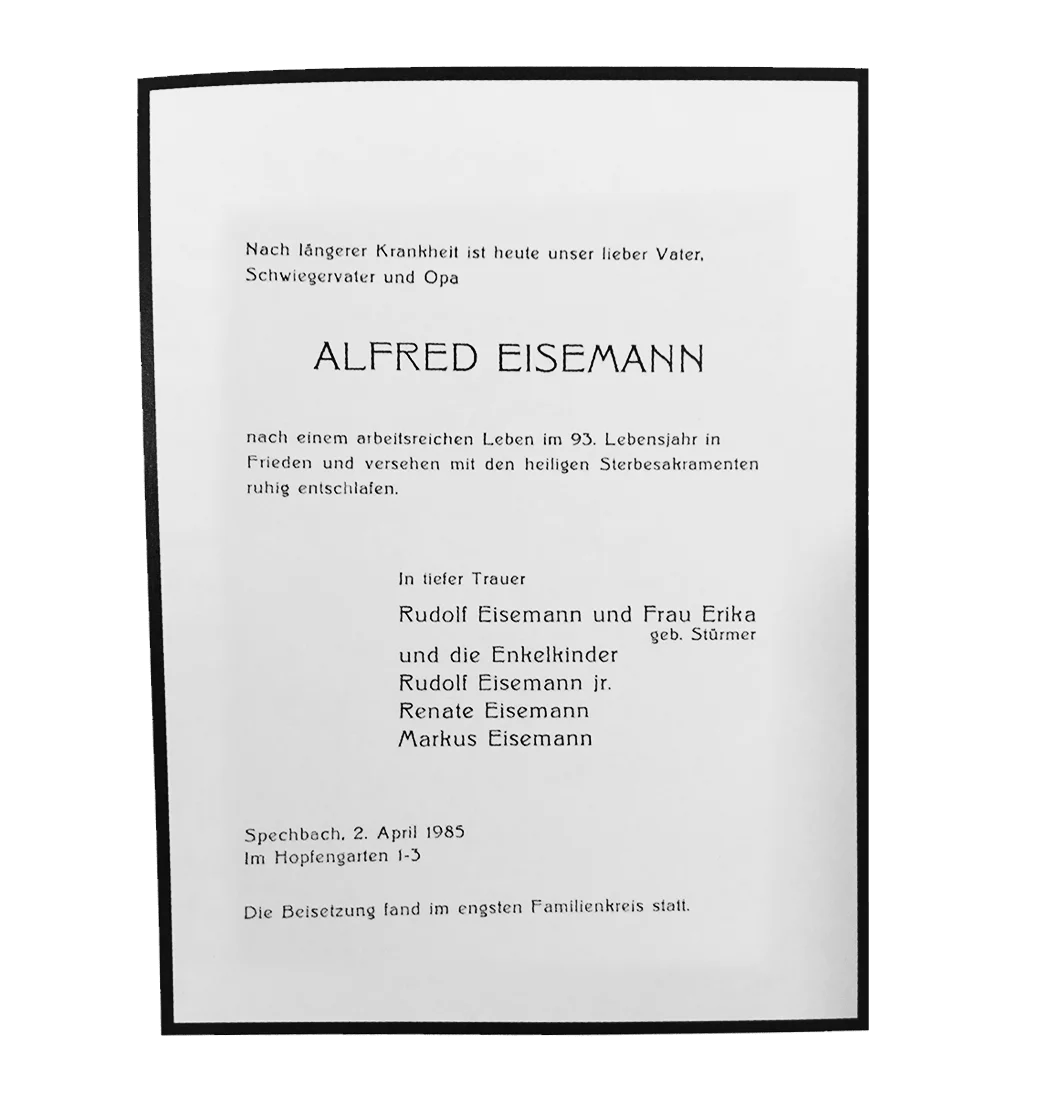
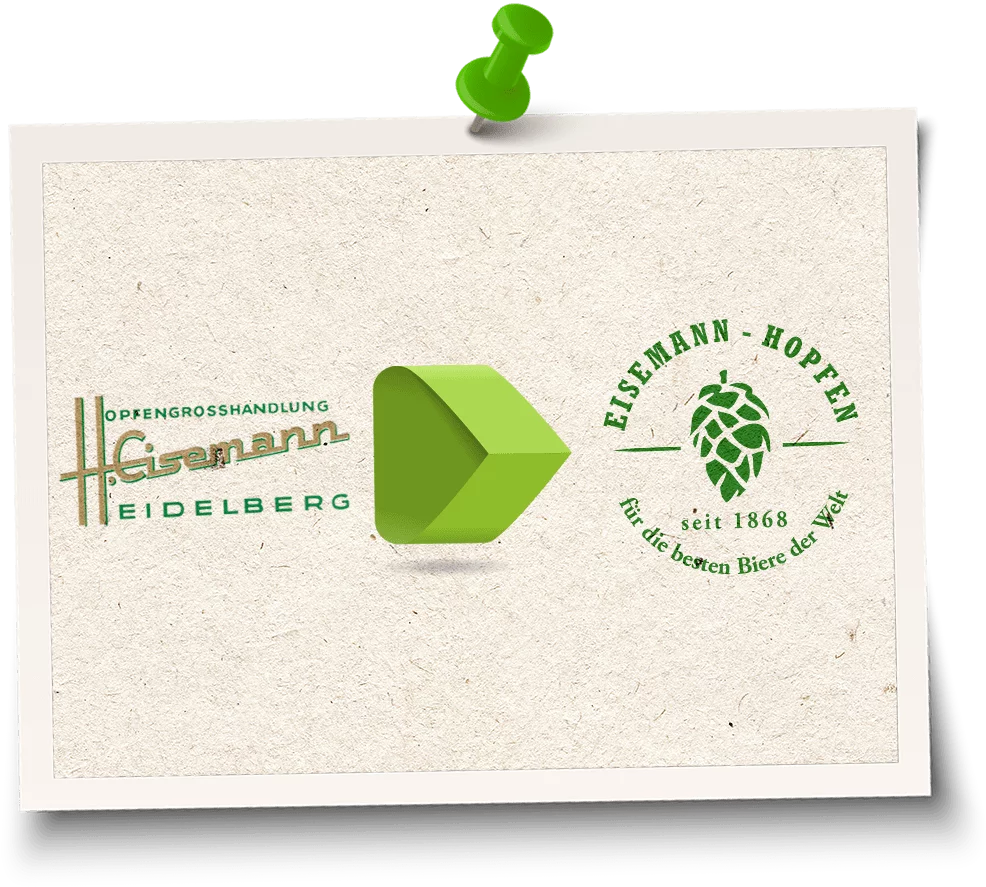
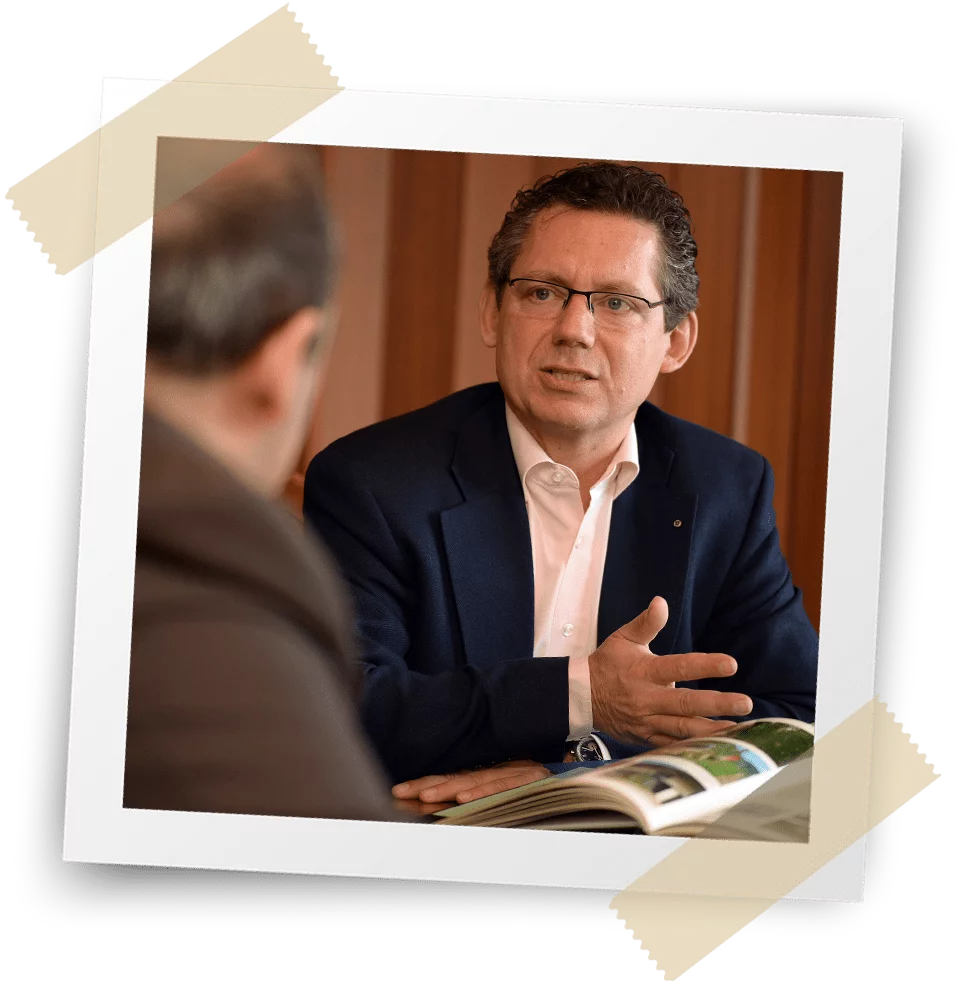
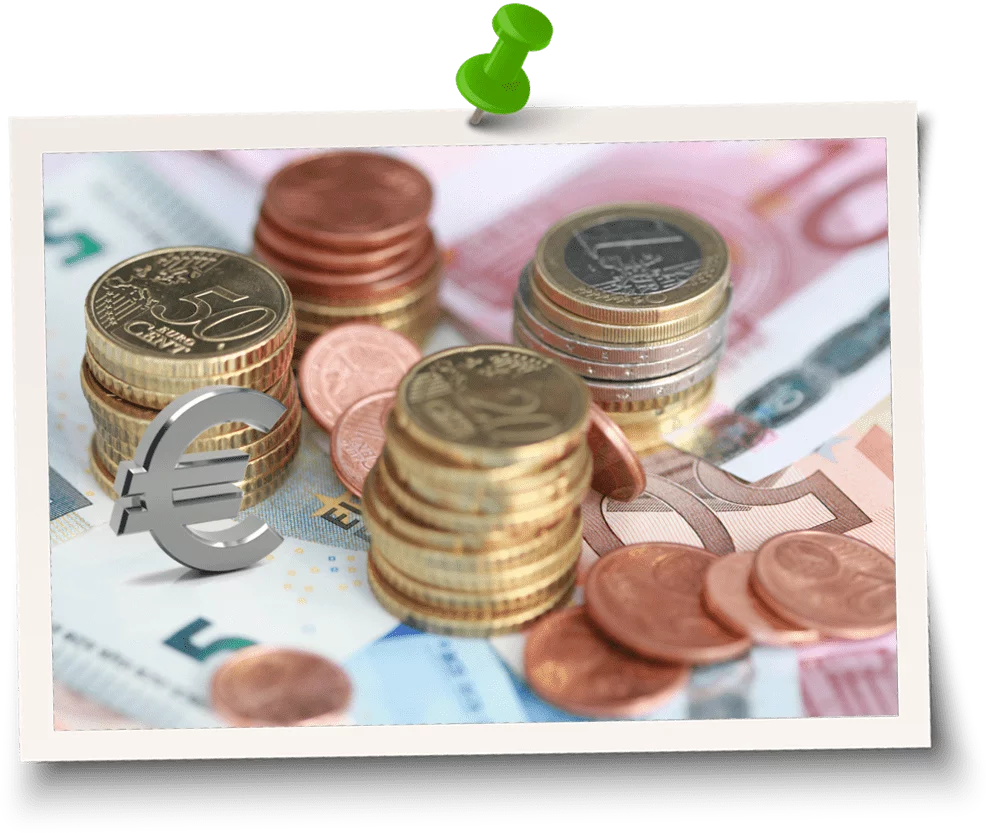
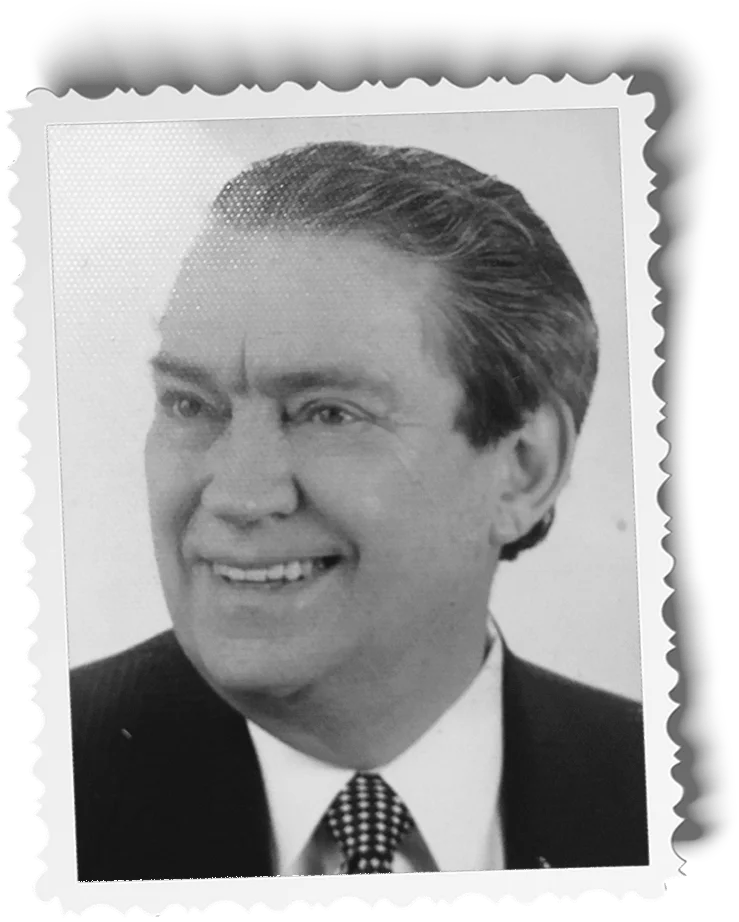



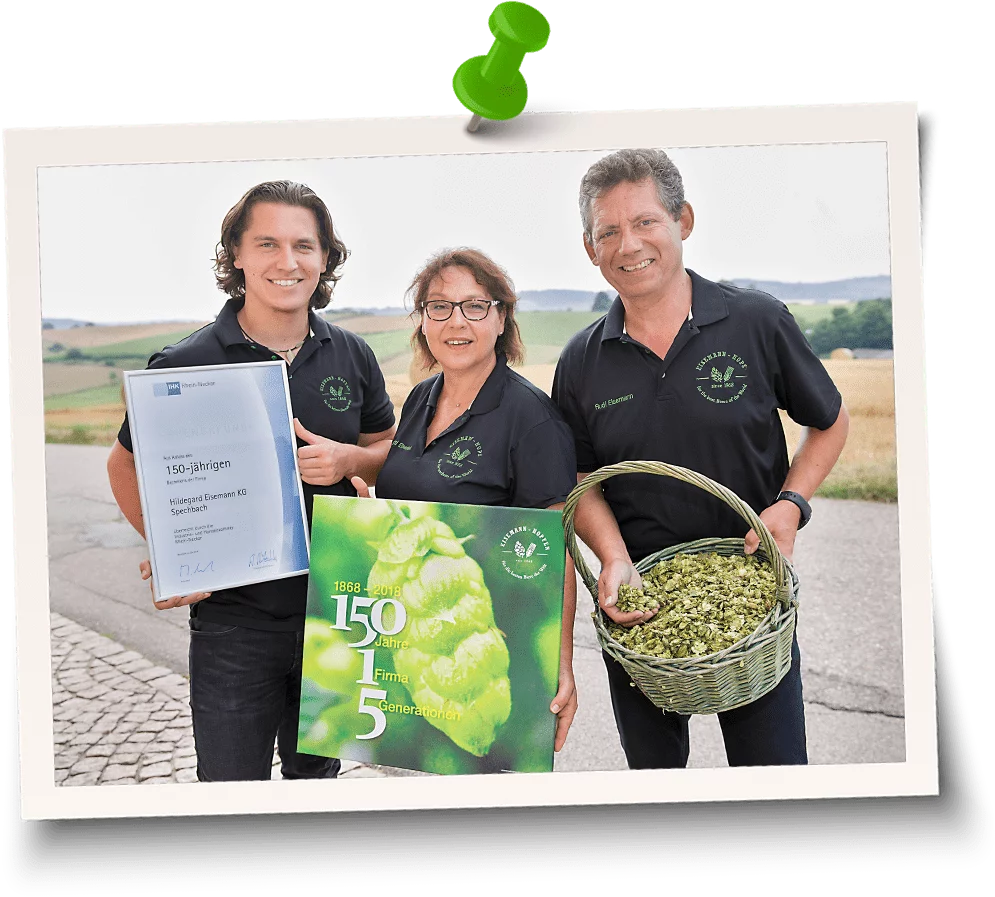





































































Company history part II: 1946 – today
1946 | New Start
July 1946: Alfred Eisemann is entered in the trade register as single proxy.
1948 | Currency Reform
The current valid currency Reichsmark is replaced by the D-Mark. This marks one of the most important economic political events in the post-war history of Germany.
1949 | Founding of the FRG
On 23rd May 1949 Konrad Adenauer declares the Basic Constitutional Law of the Federal Republic of Germany.
1952 | 4th Generation
Rudolf Eisemann (sen.) joins the company as partner.
1958 | Relocation in Heidelberg
In 1958 an office and a flat are purchased in Odinspfad 3 in Heidelberg Rohrbach.
1960 | Marriage
Rudolf Eisemann (sen.) marries Erika Eisemann (née Stürmer). 1 year later (1961) the present managing director, Rudolf Eisemann (jun.), is born.
1964 | Relocation
In 1964 the company relocates to Spechbach. It is possible to select the address “Im Hopfengarten 1-3”.
1968 | Anniversary
In 1968 the anniversary of the company Hildegard Eisemann is celebrated.
1969 | Award
The company Hildegard Eisemann receives the 1st prize award for its hop samples “Brewers Gold” submitted to the VLB in Berlin.
1972 | Farewell
15th October 1972: The senior partner Hildegard Eisemann dies at the age of 78. Without her clever handling in the Aryanisation period during the Nazi regime, the company would most probably have been completely liquidated.
1985 | Mourning
Her husband, Alfred Eisemann, dies on 2nd April 1985 at the age of 92 after a life full of highs and lows.
1985 | Restructuring
In 1985 the company Hildegard Eisemann OHG is changed to Hildegard Eisemann KG.
1986 | 5th Generation
Rudolf Eisemann (jun.) joins the KG (limited partnership) as limited partner.
1999 | D-Mark is replaced
The current valid currency D-Mark is replaced by the Euro. This facilitates intra-European trade.
2001 | Farewell
Rudolf Eisemann (sen.) dies on the 17th May 2001 at the age of 74.
2004 | New partner
Rudolf Eisemann’s wife, Hildegard Eisemann, joins the company as a partner.
2011 | Expansion
A new cold store with a capacity of approx. 200 pallets is built in 2011.
2014 | Environmental protection
The construction of a photovoltaic system saves as of now approx. 22,000 kg CO2 per year.
2018 | 6th Generation
The son, Franz Rudolf Eisemann, joins the company.
2018 | 150th Anniversary
The Hildegard Eisemann KG celebrates the 150th anniversary with business partners, friends and family in the WIRSOL Rhein-Neckar-Arena of Hoffenheim.
2020 | Generated 200,000 kWh of electricity
The photovoltaic system, which went into operation in June 2014, generates the 200,000th kilowatt hour of electricity in May 2020, which has prevented more than 120 tons of CO2 emissions and “saved” more than 11,000 trees.
2020 | Cold store II expansion
More space for hops – cold store II was expanded in June 2020 by 120 to approx. 320 pallet spaces.
2021 | Restructuring
In August 2021 the company Hildegard Eisemann KG is changed to Hildegard Eisemann GmbH & Co.KG.
Unsere Topseller
